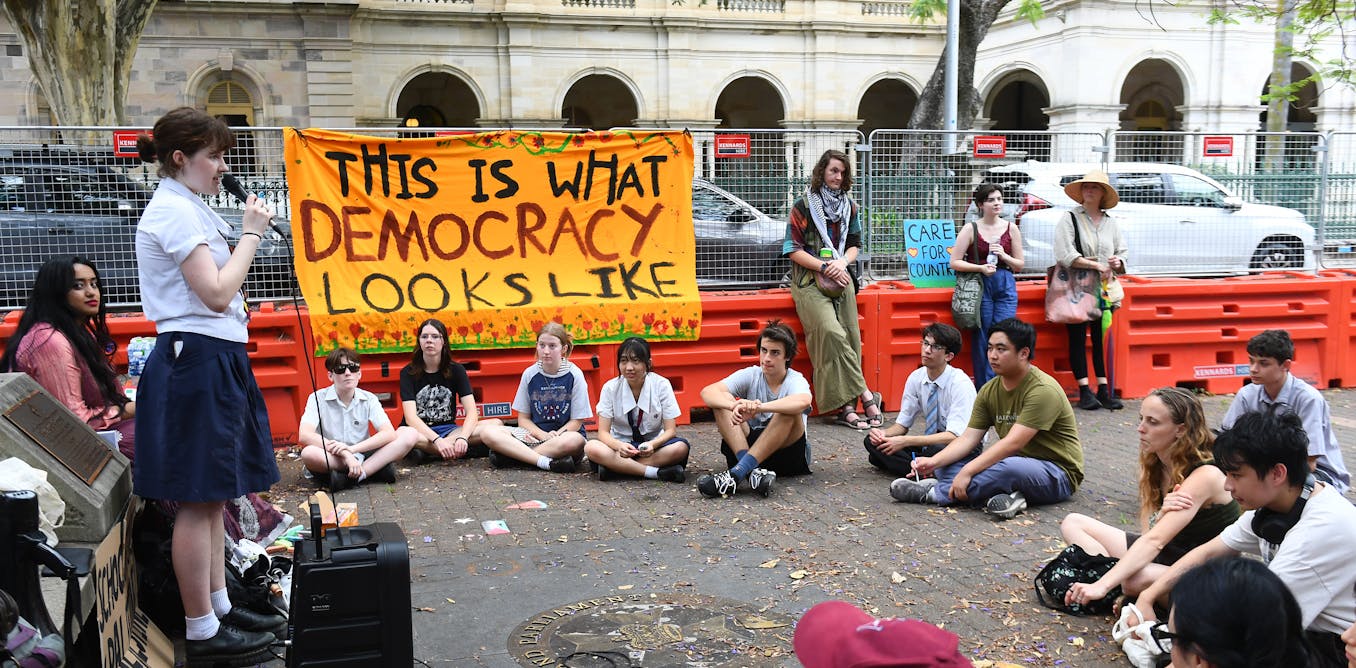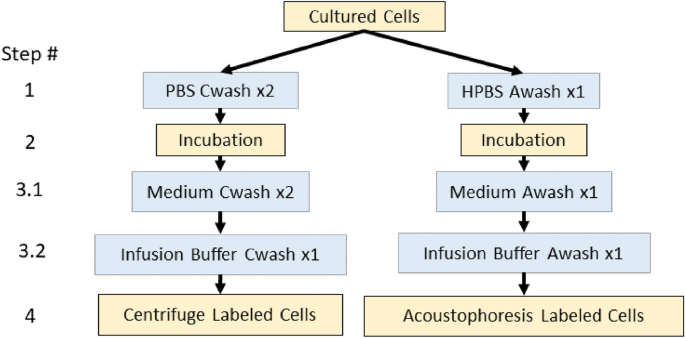
- Select a language for the TTS:
- UK English Female
- UK English Male
- US English Female
- US English Male
- Australian Female
- Australian Male
- Language selected: (auto detect) - EN
Play all audios:
Philippa Collin receives funding from the Australian Research Council, Google, batyr and NSW Health.
Australian school students’ civics knowledge is the lowest it has been since testing began 20 years ago, according to new national data.
Results have fallen since the last assessment in 2019 and to the lowest levels since the national civics test began in 2004.
This follows a federal parliamentary report earlier this month, calling for mandatory civics education in Australian schools (it is currently part of the curriculum but not compulsory). The
report cited fears young people are “poorly equipped” to participate in Australian democracy.
The latest results are certainly concerning. But as a researcher of the political lives of young people, I would caution against assuming young people “don’t care” about politics, or are
unable to engage in it.
We also need to think about how civics education can engage meaningfully with young people and meet their needs.
This report from the Australian Curriculum, Assessment and Reporting Authority is based on a national sample of Year 6 and Year 10 students, who are tested on their civics and citizenship
skills. It includes knowledge of democratic principles, the Australian political system and related history.
The test is supposed to run every three years, but the most recent one was delayed by COVID. In 2024:
43% of Year 6 students attained the “proficient standard”, compared with 53% in 2019
28% of Australian Year 10 students met the proficient standard, compared with 38% in 2019.
Alongside their civics skills, students were also asked about their support for a range of “citizenship behaviours”. While these figures have dropped from previous years, they nevertheless
indicate most students are engaged in civic issues.
81% of Year 6 students and 75% of Year 10 students thought learning about Australa’s history was “very or quite” important
77% of Year 6 students and 70% of Year 10 students thought participating in activities to benefit the local community was “very or quite” important
85% of Year 6 students and 68% of Year 10 students thought taking part in activities to protect the environment was “very or quite important”.
My research with young Australians shows they are interested, knowledgeable and active on civic and political issues in many different ways.
This includes getting involved in or creating their own organisations, campaigns and online content. The issues range from bullying to mental health, climate change and ending gender-based
violence.
My research also shows even children as young as six have views on how to address complex issues such as climate change.
When provided with platforms that respect their views, young people show they can research, deliberate and problem-solve. Many have clear opinions on what makes for a good life for
themselves, Australia and the world. Initiatives such as a children’s parliament can connect their views directly with those who govern.
But governments and other authorities are historically poor at meaningfully engaging with young people.
In my work and other research, we continue to hear many students feel they don’t have a genuine voice in the community.
For example, in the climate movement, young female activists have said they do not feel feel their views are taken seriously by decision-makers because they are under 18.
This suggests children’s interest and confidence in democracy could be supported by giving them meaningful opportunities to participate before they can vote.
For example, creating governance mechanisms that include and are accountable to young people on matters that affect them. This should extend to issues which will significantly impact them
into the future, such as housing and tax.
We also have to make sure students are supported to get good quality information about issues relevant to them. And that they have the skills and resources to navigate information online.
Research suggests engagement with news and strong media literacy skills are linked to civic participation.
Studies have also found many Australian children who have high interest in the news are also involved in social issues online. Research shows social media is a key source for this news (as
opposed to traditional sources such as newspapers or television).
At the same time, just 41% of children aged 8–16 are confident they can tell fake news stories from real ones (which is is similar to survey results for adults).
We also know some students, particularly from lower socioeconomic backgrounds, lack access to the technology they need for their schooling and everyday lives.
The new data certainly indicates the current system for civics education is not working for Australian students.
As we work to improve young people’s civics knowledge, research indicates any new approach in schools should be created in conjunction with young people themselves. If young people are given
a say in how their civics education is designed, they will be more engaged and the lessons will be more effective, especially for students who face disadvantage.
Other studies we have co-designed and co-researched with young people have resulted in recommendations to trust young people and give them responsibilities and real-world learning
opportunities, outside of school. They prioritised self-efficacy (people’s belief they can can control events that affect their lives) and a sense of belonging.
If civics education is going to be effective, it should acknowledge young people already have an interest and a stake in politics, focus on where they get their information, and involve them
in how civics education is designed and delivered.
We might then have a model for supporting civics and citizenship learning across the community and across people’s lives.

:max_bytes(150000):strip_icc():focal(319x0:321x2)/people_social_image-60e0c8af9eb14624a5b55f2c29dbe25b.png)







